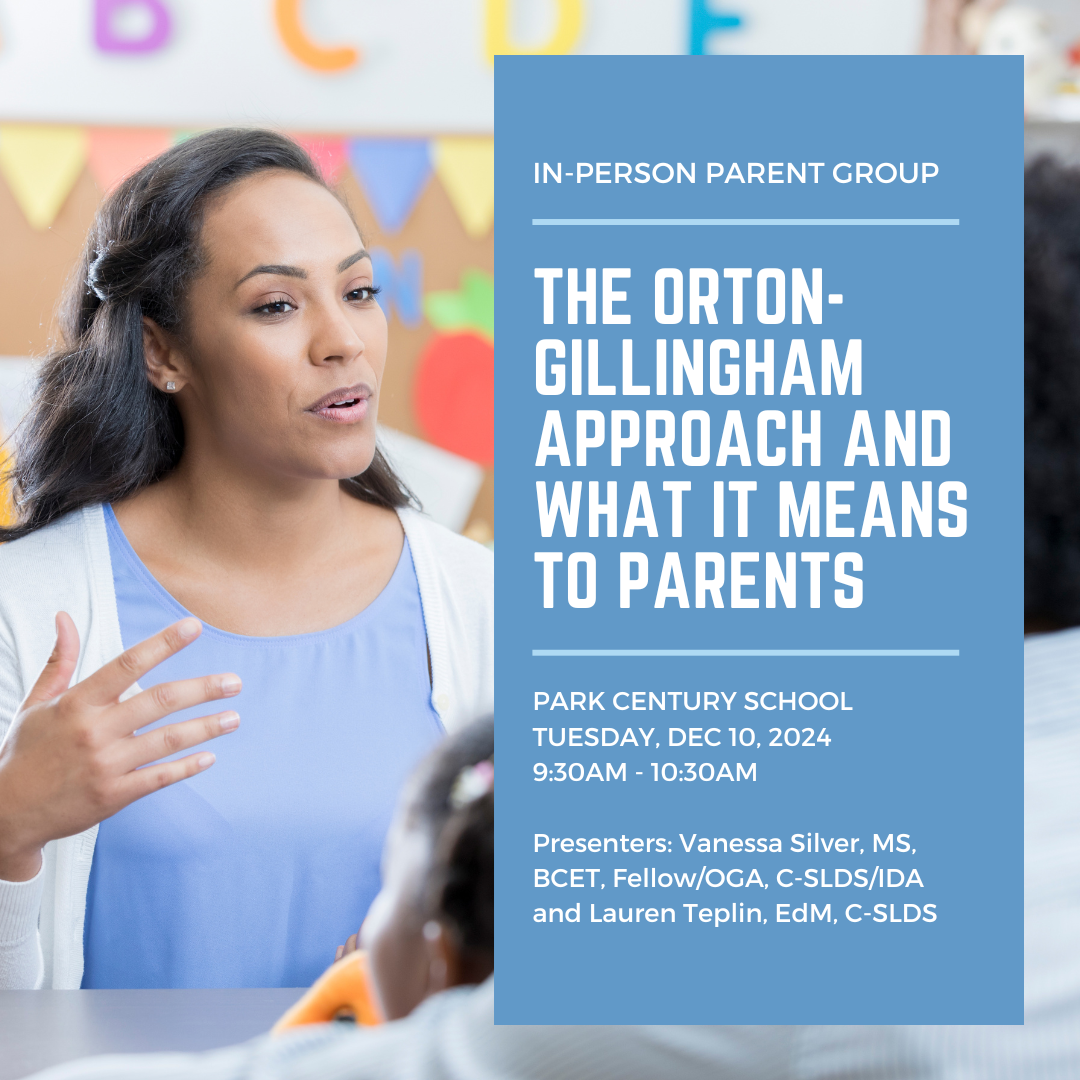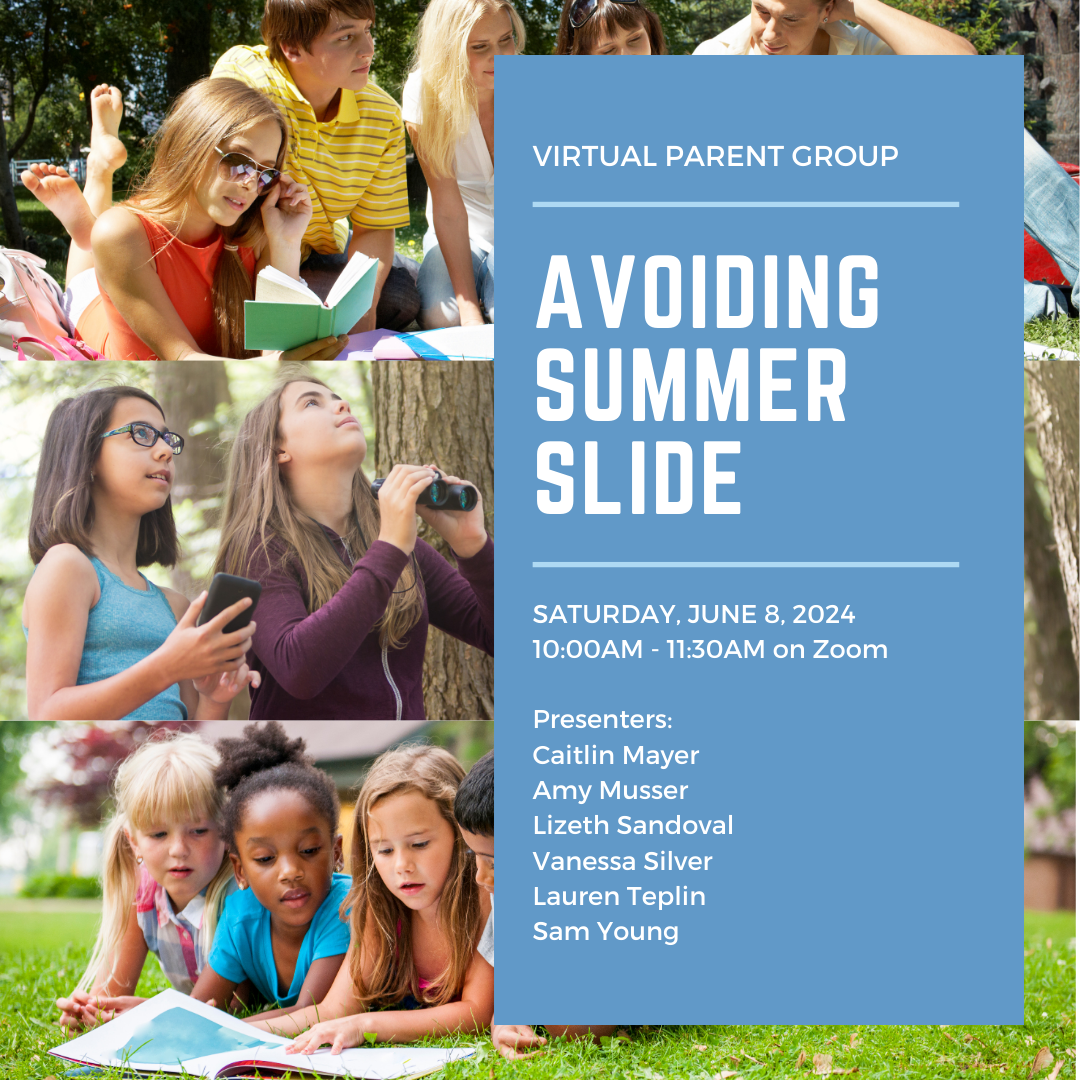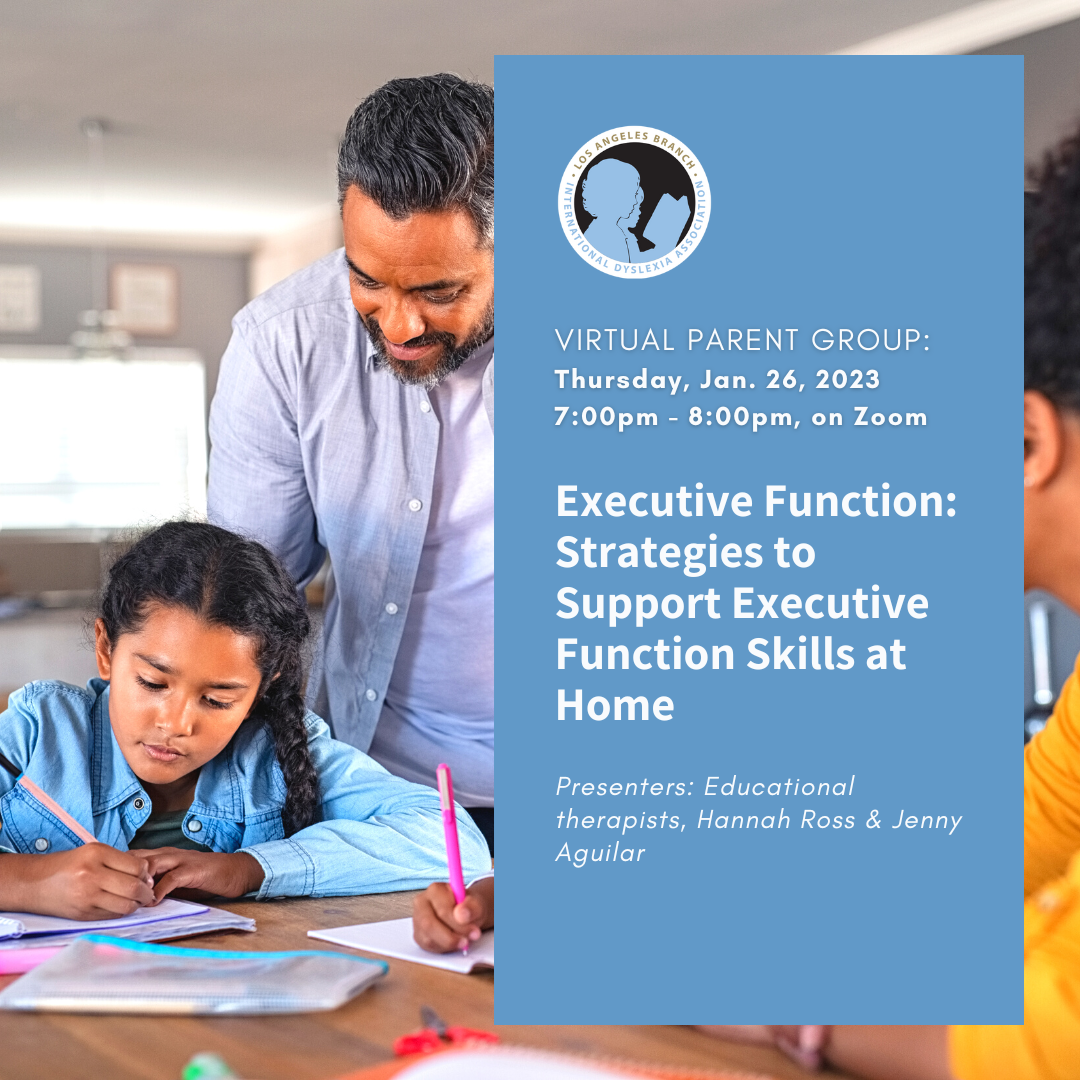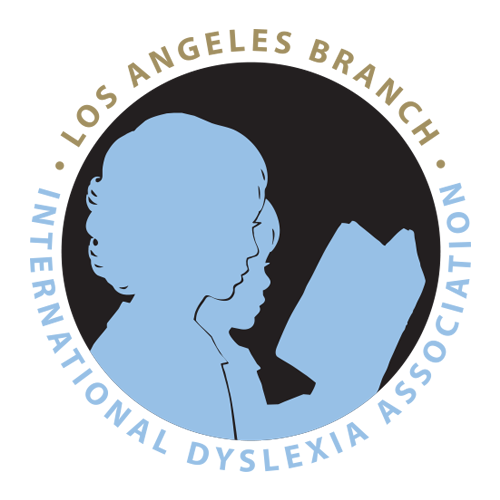
Avoiding Summer Slide
Learn simple, engaging activities to keep your child learning all summer long—and ready to start the new school year with confidence.

In-Person Parent Group: The Orton-Gillingham Approach and What It Means to Parents
In-person Parent Group: Tuesday, December 10, 9:30am - 10:30am at Park Century School
Presenters: Vanessa Silver, MS, BCET, Fellow/OGA, C-SLDS/IDA and Lauren Teplin, EDM, C-SLDS

Grupo para padres: Preparando los estudiantes que aprenden inglés para el inicio de clases
Grupo para padres virtual: Sábado, 7 Septiembre, 10:00 - 11:30am
Nos complace invitarlos a nuestra próxima reunión virtual de grupo de padres, donde discutiremos estrategias valiosas para apoyar a los estudiantes que aprenden inglés (ELL) durante los primeros días de clases. Esta sesión ofrecerá consejos prácticos y recursos para ayudar a su hijo a adaptarse al nuevo entorno escolar.
Presentadoras: Lizeth Sandoval, M.A. ET/P, Lauren Teplin, EdM, C-SLDS

Virtual Parent Group: Avoiding Summer Slide
Virtual Parent Group: Saturday, June 8, 10-11:30am
What can parents do to keep their child's academic skills strong during the summer break?
Presenters: Caitlin Mayer, Amy Musser, Lizeth Sandoval, Vanessa Silver, Lauren Teplin, Sam Young.

In-person West LA Area Parent Group: Preparing for End of Year
In person West LA Area Parent Group: Saturday, May 27, 10-11:30am
We are excited to present our Spring Parent Group in West Los Angeles! As we prepare for the end of the year, we will provide parents with effective strategies to support their learners and provide tips for summer!
Presenters: Dr. Daniel Franklin and Lizeth Sandoval, M.A., ET

In-person Pasadena Area Parent Group: Avoiding the Summer Slide
In person Pasadena Area Parent Group: Wednesday, May 17, 7-9pm
Please join us for a practical presentation on what parents can do over the summer to help their children avoid this academic slide.
Presenters: Janel Umfress M.A. and Barb Langeloh M.A.

Virtual Parent Group: Strategies to Support Executive Function Skills at Home
Virtual Meeting: Thursday, January 26th, 7:00pm - 8:00pm
This group will focus on what executive function skills are, why students struggle with them and how you can best support your learner at home.
Presenters: Educational Therapists Hannah Ross and Jenny Aguilar
(Este evento se lleva a cabo en ingles.)

Pasadena Area Group: Trips, Traps and Best Practices for Understanding Special Ed Services
Wednesday, November 9th, 7:15pm - 9:00pm
This presentation gives families the most direct path to securing special education services for their struggling students.
Speaker: Michelle Becker, Esq.
(Este evento se lleva a cabo en ingles.)

Westside Group: Effective Strategies to Implement at Home for all Learners
Saturday, November 5th, 10:00am IN-PERSON
Parents will be provided with strategies to use at home to support their learner. These strategies can be implemented right away and will offer support on how to set up your child for success!
Presenters: Dr. Daniel Franklin and Lizeth Sandoval
(Este evento se lleva a cabo en ingles.)

Addressing the Gaps: What a Parent Can Do
Wednesday, December 1, 2021, 7:15pm - 8:45pm IN-PERSON
Now that children have returned to in-person school, many parents have concerns about their child's learning and foundational skills due to months of being away from the classroom. We will address some general areas where we see children struggling, including reading, writing, regulation, and social concerns, as well as cover practical tips for building skills in those areas.
Presented by Janel Umfress, M.S. Language and Educational Therapist and Barb Langeloh M.A. Educational Therapist.
(Este evento se lleva a cabo en ingles.)

Learning at Home with Dyslexia
Saturday, March 20, 2021, 9:30am - 11:00am via Zoom
Marianne Sunderland, certified OG tutor, mother, and longtime homeschooler of her own 7 kids with dyslexia shares how to better understand your kids’ learning struggles and how to help your dyslexic kids who are learning from home.
(Este evento se lleva a cabo en ingles.)

Keeping Kids Motivated
Saturday, January 30, 2021, 10:00am - 11:30am via Zoom
Join Dawn Raya, licensed educational psychologist, to help figure out why your child may be unmotivated and what you can do about it.
(Este evento se lleva a cabo en ingles.)

Sensory Tools and Strategies to Survive Remote Learning: An OT's Perspective
Saturday, October 10, 2020, 10:00am - 11:30am via Zoom
Join OT, Tiffany Kimball, for an explanation of the sensory systems and their role in helping students stay regulated.
(Este evento se lleva a cabo en ingles.)

Creating Order from Chaos: How to Build a Healthful Schedule for Students Learning at Home
Saturday, Septemer 12, 2020, 10:00am - 11:30am via Zoom
Learn how to create a well-crafted routine for children with Grace Brown, MA a learning specialist with over 25 years of experience helping students, parents, and teachers develop learning strategies.
(Este evento se lleva a cabo en ingles.)
